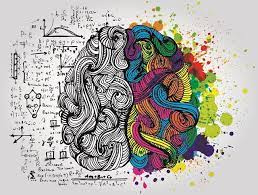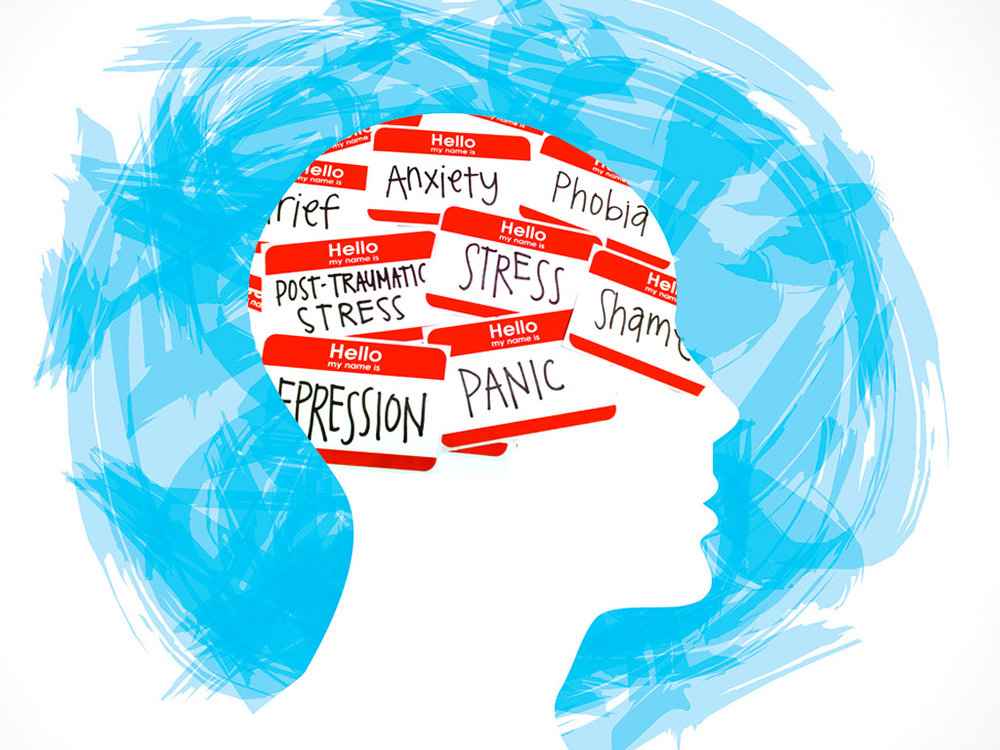Psychology is a complex field that encompasses a wide range of topics, from the study of the brain and the nervous system to the examination of social and cultural influences on behavior. By understanding these different aspects of psychology and applying them in practical ways, we can gain insight into why people behave the way they do, and how we can better communicate, connect, and interact with others. In this blog, we will delve into some of the most interesting and useful concepts in practical psychology.
Contents
What Is Practical Psychology?
Practical psychology is the application of psychological theories and principles to real-world situations. It involves using the knowledge and skills gained from the study of psychology to solve problems and improve people’s lives. The goal of practical psychology is to make psychology more accessible and useful to the general public by providing solutions to everyday problems.
It involves using evidence-based approaches to help individuals, groups, and organizations to achieve their goals, overcome challenges, and improve their mental and emotional well-being.
What Are The Practical Uses Of Psychology?

Psychology has many practical applications in different fields, including:
- Mental health: In this, psychology is widely helpful in the diagnosis and treatment of mental health disorders. For instance, such as depression, anxiety, bipolar disorder, schizophrenia, and many others.
- Education: In education, psychology helps educators understand how students learn and develop. This can inform teaching strategies and help identify and address learning difficulties.
- Business: Psychology is useful to improve employee productivity and job satisfaction, as well as to understand consumer behavior and preferences.
- Law: Psychology is helpful in the legal system to evaluate criminal defendants’ mental states and fitness to stand trial. This also informs legal decision-making in child custody and other family law cases.
- Sports: Here psychology can help athletes and coaches improve performance, develop mental toughness, and overcome performance anxiety.
- Health and wellness: In health, psychology can be used to promote healthy behaviors and lifestyles, such as quitting smoking, exercising regularly, and eating a healthy diet.
- Social justice: Psychology can be used to understand and address issues related to social inequality, discrimination, and prejudice.
Overall, psychology has many practical applications that can help individuals and organizations improve their mental health, performance, and well-being.
What Are The Practical Branches Of Psychology?
Psychology has many branches or subfields that have practical applications. Some of the practical branches of psychology include:
- Clinical Psychology: This branch of psychology focuses on the diagnosis and treatment of mental health disorders, including depression, anxiety, bipolar disorder, schizophrenia, and many others.
- Counseling Psychology: This branch of psychology helps individuals cope with personal and interpersonal issues, including stress, anxiety, depression, relationship problems, and career issues.
- Educational Psychology: This branch of psychology focuses on understanding how students learn and develop, which can inform teaching strategies and help identify and address learning difficulties.
- Industrial/Organizational Psychology: This branch of psychology focuses on understanding human behavior in the workplace, including employee productivity, job satisfaction, and organizational culture.
- Forensic Psychology: This branch of psychology applies psychological principles to legal issues, including criminal investigations, trials, and corrections.
- Health Psychology: This branch of psychology focuses on the relationship between psychological factors and physical health, including the prevention and treatment of illness and the promotion of healthy behaviors.
- Neuropsychology: This branch of psychology focuses on the relationship between the brain and behavior, including the assessment and treatment of brain injuries and disorders.
Overall, these branches of psychology have practical applications that can help individuals, organizations, and society as a whole improve mental health, performance, and well-being.
Benefits of Practical Psychology
Here are the several benefits, including:
- Improved mental health: Practical psychology can help individuals manage mental health issues like anxiety, depression, and stress, through techniques like cognitive-behavioral therapy and mindfulness meditation.
- Increased productivity: By understanding how people think and behave, practical psychology can help businesses optimize their processes and improve employee engagement and productivity.
- Better relationships: Practical psychology can help individuals improve their interpersonal skills, communicate more effectively, and build healthier relationships with others.
- Improved physical health: By promoting healthy behaviors like exercise, healthy eating, and good sleep hygiene, practical psychology can help individuals improve their physical health and well-being.
- Enhanced problem-solving skills: Practical psychology can help individuals develop critical thinking skills, solve problems creatively, and make better decisions.
- Improved academic performance: Practical psychology can help students learn better by understanding how they learn and developing effective study strategies.
- Social justice: Understanding the psychological factors that contribute to social inequality. After that practical psychology can help promote greater equality and social justice.
Overall, practical psychology can improve individuals’ quality of life, help organizations be more effective, and promote a more equitable society.
Find A Psychologist For behavioral Psychology

To find a psychologist who specializes in behavioral psychology, you can try the following steps:
- Ask for a referral from your primary care physician or a mental health professional you trust.
- Check with your health insurance provider to see if they have a list of providers in your area who specialize in behavioral psychology.
- Look for a licensed psychologist who has expertise in behavioral psychology through professional organizations such as Mantracare.
- Search online for psychologists who specialize in behavioral psychology in your area. You can use search engines like Google, or psychology-specific directories like Psychology Today.
- Read reviews and check credentials before choosing a psychologist to ensure that they are a good fit for your needs.
Remember that finding the right psychologist for you is important. Find a psychologist who you feel comfortable with and who can help you achieve your goals.
Conclusion
In conclusion, psychology has many practical applications across various fields. This includes mental health, education, business, law, sports, health and wellness, and social justice. Different branches of psychology, such as clinical, counseling, educational, industrial/organizational, forensic, health, and neuropsychology, have their unique uses. Psychology can help individuals and organizations improve their mental health, performance, and well-being, making it a vital field.
For more information, please contact MantraCare. Online therapy types include videoconferencing, phone sessions, messaging-based therapy, chat-based therapy, and therapy based on different problems. If you have any queries regarding Online Counseling experienced therapists at MantraCare can help: Book a trial therapy session


